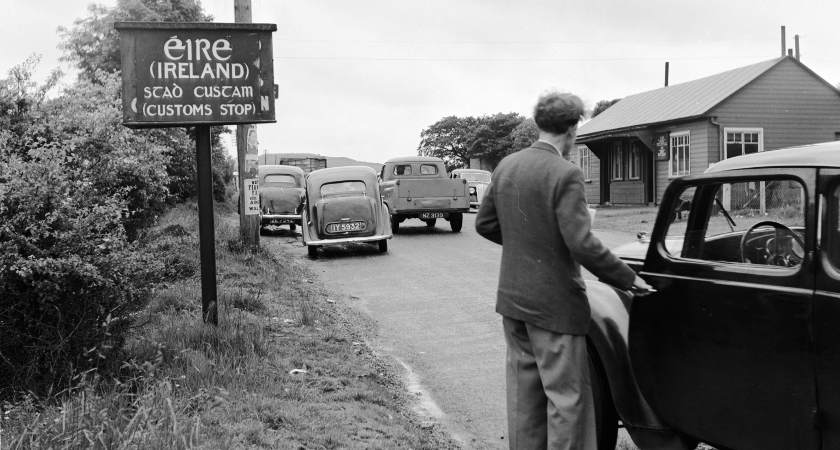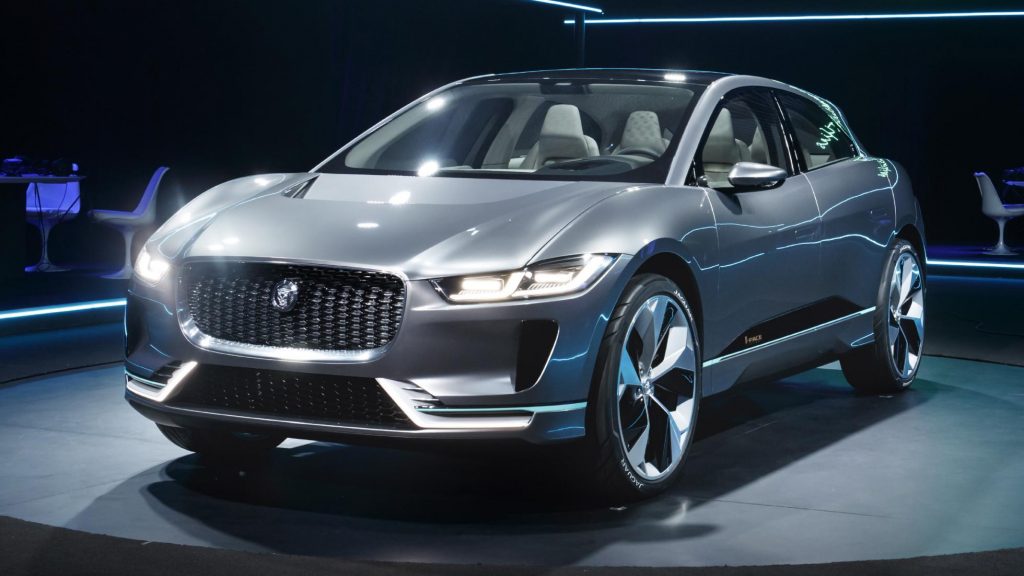I really don’t have time for blogging any more, what with the reality of work, kids and a new partner but I’m sat here on a train in Euston station waiting for one of Richard Branson’s minions to find a driver who can get us home and some things have been annoying me recently. So, time to unload.

Nurses
There is a shortage of about 40,000 nurses in England according to the Royal College of Nursing. The British government’s response is to launch recruitment campaigns in countries where they spend lots of money training nurses who would love to come and work in England for the paltry amount we pay. But that’s really not the right answer, is it?
A nurse in England can expect to earn about £23k a year on average. They make life or death decisions every day. They might start the day watching a baby die and end it disposing of a bowl full of shit. Be under no illusions, it’s a tough job and they do it for little financial reward.
So, a few years back the British government decided that nurses in England must have a degree. Merely learning how to care for patients, dispense medication, perform medical procedures and save lives isn’t good enough, they must also be able to write thousands of words on a variety of subjects that nobody will ever read again after it’s been marked. And the British government abolished the bursary for nursing degrees in 2016 so to pursue their £23k a year career nurses in England are expected to pay between £18,500 and £37,000 in tuition fees (depending on whether they stop at two years or complete the optional third and fourth years) plus tens of thousands in living costs whilst they study. For a job that has an average wage so low that most nurses won’t ever reach the threshold for loan repayments. Is it any wonder NHS England can’t recruit enough nurses?
HS2
Where do you start with something so utterly and fundamentally flawed as HS2? It was supposed to cost £56bn when it was first announced – a figure that was already ruinously expensive – and just a few days ago the chairman of HS2 told the British government that estimated costs have now risen to £86bn. This time last year they had already burnt through £4bn without laying a single mile of track, who knows what it is by now. This is money that could be spent on electrifying and increasing capacity on existing lines, investing in electric vehicle infrastructure (including busses) and increasing capacity on motorways. The M6 toll road could have been nationalised twice over with the money HS2 had spent not building HS2 up to last year.
Of course, a big chunk of the cost of HS2 isn’t actually related to building HS2 at all but comes from Barnett Consequentials. Which leads me nicely on to …
The Barnett Formula
How is the Barnett Formula still a thing? It genuinely astounds me that any politician or civil servant can justify the continued existence of a funding formula that is in no way based on need, is predicated entirely on the redistribution of English taxes and enshrines the principle that any money spent in England must also result in money being spent in Scotland, Wales or Northern Ireland.
For those who don’t know what the Barnett Formula is, it was a formula created in 1978 by Labour MP Joel Barnett to calculate how much the British Treasury should spend in Scotland, Wales and Northern Ireland. It was a temporary measure whilst civil servants came up with a more appropriate way of working out who should get what share of taxes after the Scottish devolution settlement that was expected the following year. It allocates whatever is spent per head in England plus a percentage extra for Scotland, Wales and Northern Ireland multiplied by the nominal population of the country in question. It is inherently unfair and unjust, a view shared by its creator now Lord Barnett who has called for its abolition many times.
Whilst the whole basis for the Barnett Formula is wrong, it is the Barnett Consequentials that really hurt. Barnett Consequentials are one-off increases in funding to the other member states of the UK given to them whenever the British government spends money on capital projects in England. The £30bn increase in the estimated cost of HS2 will result in as much as £5bn extra in Scotland’s block grant from the British government. They don’t need it, it’s just money they will get because the British government are spending money on a capital project in England. The same happened with the British Olympics in London – the British government spent money on capital projects so their Olympic games could take place and Scotland, Wales and NI all got extra money. It pushes up the cost of any capital project in England, eating into the already inadequate budget the British allocate to England.
Brexit
Finally, Brexit. It’s been three years since we told the British government to get us out of the EU. It was the biggest turnout in British electoral history and against all the odds the Leave vote was secured. There was state interference in the referendum, the state broadcaster beamed 24 hour propaganda into every home, nearly £10m of our taxes were spent posting a booklet full of what have been shown to be outrageous lies through every letterbox in the UK, every government website carried adverts promoting a Remain vote, taxpayer-funded universities and quangos campaigned against a Leave vote, EU-funded organisations promoted their paymaster and the Remain campaign outspent the Leave campaign by many millions of pounds. Yet despite the referendum being very much rigged in favour of Remain, 17.4m people voted to Leave. And we still haven’t.
The sheer hypocrisy of the so-called People’s Vote campaign is beyond parody. Not satisfied with the result of the people’s vote to leave the EU they now insist we have another people’s vote to give us an opportunity to vote the right way and if we’re all still awful racists and vote to leave again they’ll definitely respect the decision. Just like they said they would before and after the referendum three years ago. It is, they say, undemocratic to respect the result of the referendum because we didn’t know what we were voting for. Only Remainers knew what they were voting for – things like the EU army that Nick Clegg described as “a dangerous fantasy” or removing the veto on tax policy and handing over control of tax raising powers to the EU which they said would never happen.
The insistence by EU nationalist politicians and campaigners that we must accept a deal from the EU before we can leave is nonsense. There was no mention of having a deal on the ballot paper, it was a vote for what is now being referred to as “no deal Brexit” (in reality, a whole raft of bilateral deals rather than no deal at all). Nothing the EU will offer us will be to our benefit. EU negotiators openly gloat about how they are out to punish us for leaving and send a message to other EU member states about what happens to anyone who tries to leave. It is a national insult and my hope is that one of the first things Boris Johnson does is cancels all negotiations with the EU, only agreeing to reopen channels a fortnight before 31st October to consider the EU’s final offer and pass any necessary legislation but with the default position being that we leave on WTO terms.







